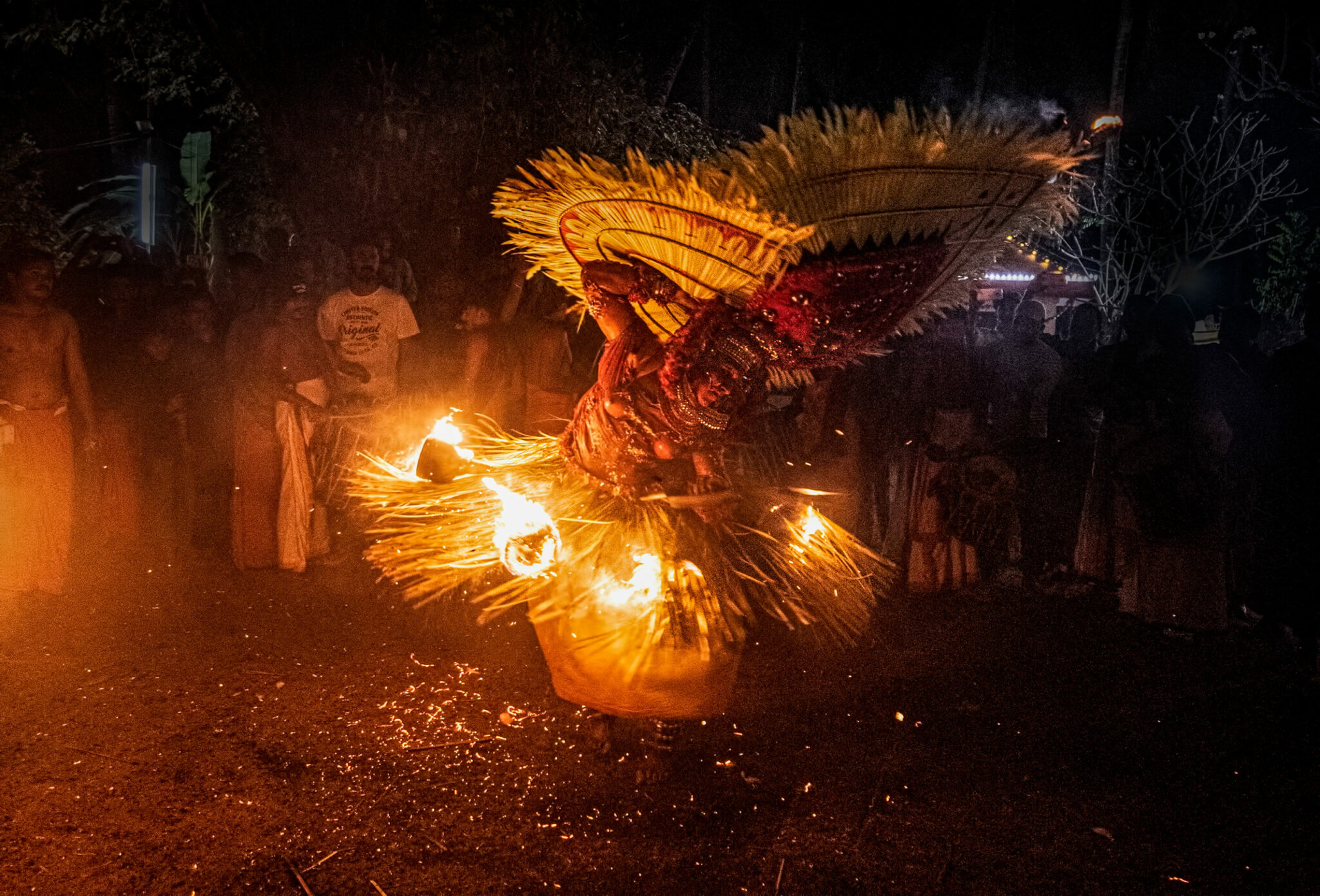Tulunadu Kalari is a traditional martial art from the Tulu-speaking regions of South India. Known for its unique techniques and emphasis on discipline, Kalari has been a symbol of strength, courage, and cultural heritage.
The objective of Tulunadu Kalari is to master the ancient fighting techniques of the Tulu region. This martial art is not only about physical strength but also about mental discipline, agility, and precision.
Kalari focuses on both armed and unarmed combat, with techniques that involve strikes, kicks, grappling, and the use of traditional weapons like swords, shields, and staffs. The training helps to enhance the body’s flexibility and sharpens the mind for quick reflexes in battle.
This art has been passed down through generations to preserve the warrior spirit of Tulunadu, promoting self-defense, honor, and respect for tradition. Each movement in Kalari is a reflection of this deep cultural heritage, designed to prepare warriors for combat while maintaining balance, speed, and control.

Tulunadu Kalari is more than just a martial art—it is a way of life. The main goal is to preserve the ancient traditions and techniques of self-defense, agility, and combat that have been passed down for generations in the Tulu region.
The primary focus of Kalari training is to balance the mind and body, enhancing physical agility while fostering mental discipline. Each movement is a testament to the warrior spirit, combining grace and strength to defend against any opponent. The training also emphasizes the use of traditional weapons such as swords and shields.